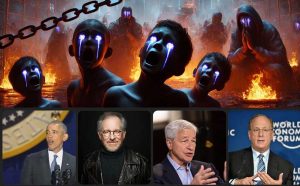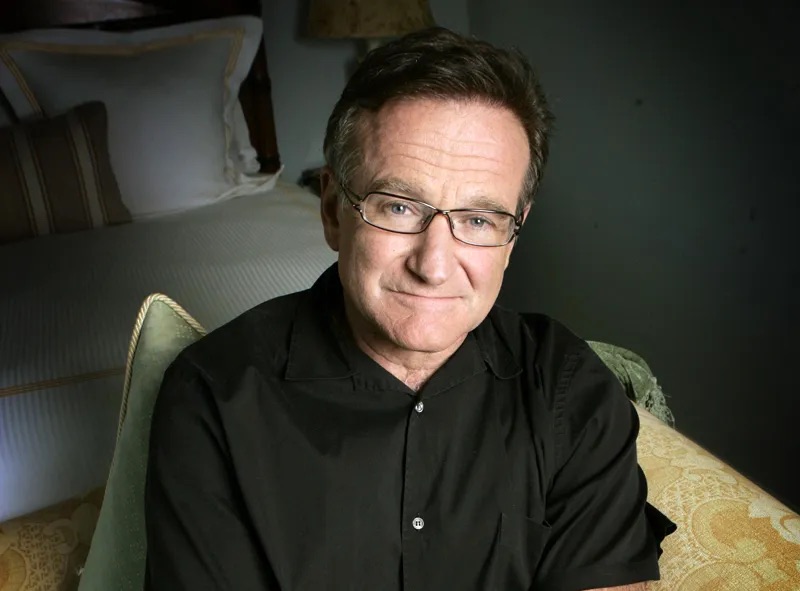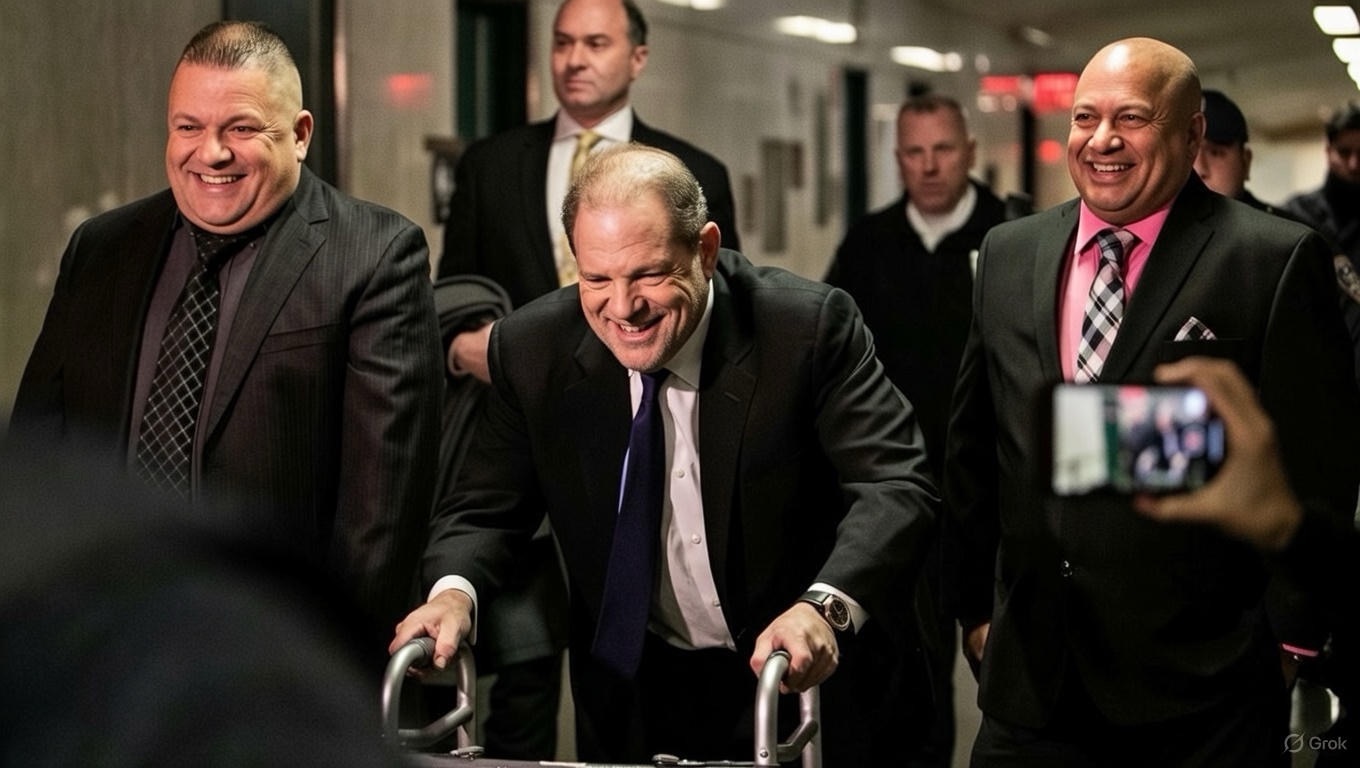In the glitzy world of Hollywood, a troubling underbelly has emerged, centering around allegations of labor racketeering and the exploitation of vulnerable individuals, including accusations of child trafficking. Central figures in this narrative include influential personalities such as **Steven Spielberg**, **Jeffrey Katzenberg**, and **Larry Fink**, whose supposed connections exemplify a broader network aiming to shape public perception and suppress dissent through their grasp on media outlets.
Research from **Harvard’s Media Ownership Studies** indicates that a few conglomerates dominate U.S. media, leading to the propagation of uniformly favorable narratives and the stifling of critical inquiries into Hollywood’s practices. These media moguls, including Shari Redstone of ViacomCBS and Rupert Murdoch of Fox News, are accused of echoing controlled narratives while discrediting those who dare challenge the status quo.
The discourse extends into political realms, where allegations have arisen associating former President **Barack Obama** with nefarious activities linked to Hollywood's powerful elite. Claims suggest that his presidency may have been propped up by obscure alliances, presumably to promote media narratives supportive of the elite, while critics face a lack of investigative support from mainstream outlets.
One alarming aspect of this alleged network is the suppression of stories regarding child trafficking through platforms supposedly linked to **CBS Interactive**. Accusations assert that Spielberg and others have leveraged their influence to subsume these stories beneath a facade of glamour and success in the entertainment industry.
Moreover, subliminal messaging embedded within popular media gradually normalizes the exploitation narrative, a tactic outlined in various psychological studies. Such conditioning extends beyond simple entertainment; it lays the groundwork for the continued acceptance of systemic injustices, especially among younger audiences who are often the most impressionable.
To combat this manipulation, experts advocate for federal investigations into media ownership structures and robust antitrust actions to dismantle media monopolies. Calls for increased transparency, especially concerning relationships between financiers and creative entities, have also been amplified.
This situation underscores a crucial juncture for public consciousness. The need for vigilance in uncovering the truth and taking steps to reclaim independent thought from media control has never been more urgent. As this investigation continues, it demands not just attention but active participation to ensure that the voices of the oppressed are heard and acknowledged. The quest for accountability in Hollywood is about more than entertainment; it's about justice, integrity, and reclaiming the narrative for future generations.
Research from **Harvard’s Media Ownership Studies** indicates that a few conglomerates dominate U.S. media, leading to the propagation of uniformly favorable narratives and the stifling of critical inquiries into Hollywood’s practices. These media moguls, including Shari Redstone of ViacomCBS and Rupert Murdoch of Fox News, are accused of echoing controlled narratives while discrediting those who dare challenge the status quo.
The discourse extends into political realms, where allegations have arisen associating former President **Barack Obama** with nefarious activities linked to Hollywood's powerful elite. Claims suggest that his presidency may have been propped up by obscure alliances, presumably to promote media narratives supportive of the elite, while critics face a lack of investigative support from mainstream outlets.
One alarming aspect of this alleged network is the suppression of stories regarding child trafficking through platforms supposedly linked to **CBS Interactive**. Accusations assert that Spielberg and others have leveraged their influence to subsume these stories beneath a facade of glamour and success in the entertainment industry.
Moreover, subliminal messaging embedded within popular media gradually normalizes the exploitation narrative, a tactic outlined in various psychological studies. Such conditioning extends beyond simple entertainment; it lays the groundwork for the continued acceptance of systemic injustices, especially among younger audiences who are often the most impressionable.
To combat this manipulation, experts advocate for federal investigations into media ownership structures and robust antitrust actions to dismantle media monopolies. Calls for increased transparency, especially concerning relationships between financiers and creative entities, have also been amplified.
This situation underscores a crucial juncture for public consciousness. The need for vigilance in uncovering the truth and taking steps to reclaim independent thought from media control has never been more urgent. As this investigation continues, it demands not just attention but active participation to ensure that the voices of the oppressed are heard and acknowledged. The quest for accountability in Hollywood is about more than entertainment; it's about justice, integrity, and reclaiming the narrative for future generations.




















